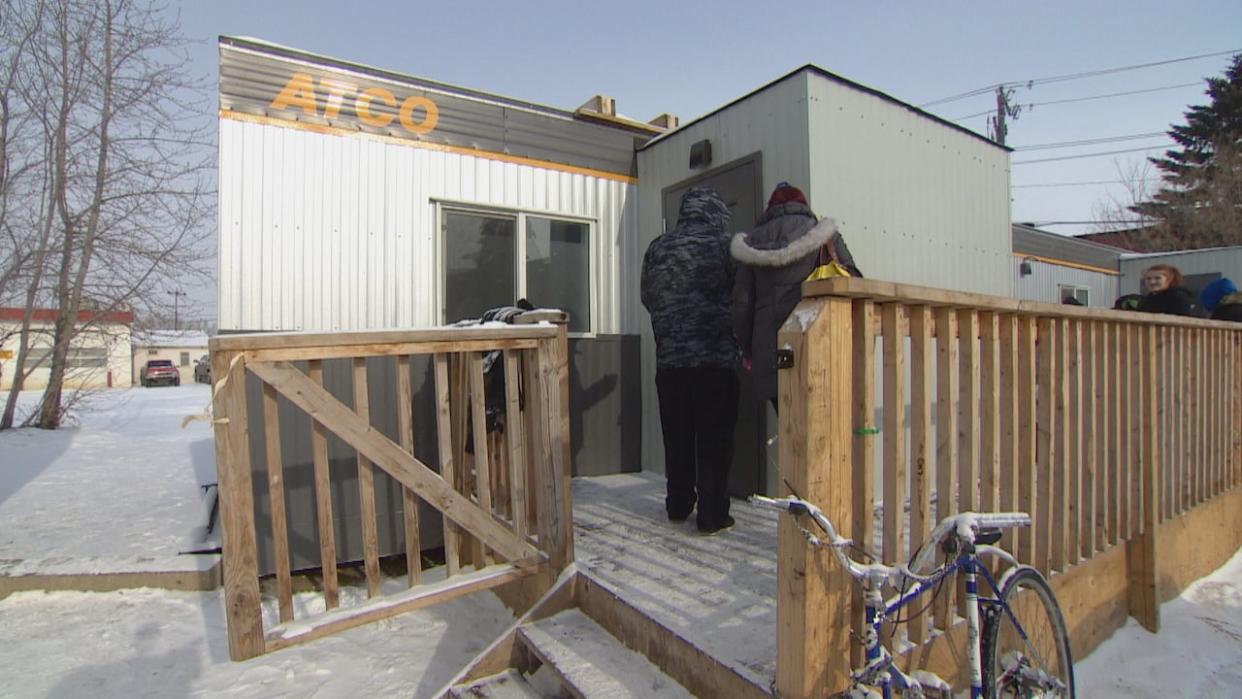Red Deer council passes motion asking province to close overdose prevention site

After two days of debate and hearing submissions from the public, Red Deer city council passed a motion asking the provincial government to phase out the city's overdose prevention site (OPS) by the end of 2025.
Coun. Vesna Higham introduced the original motion in December, which also asks the province to increase other forms of harm reduction as the OPS winds down.
"It calls on the province to put enhanced resources, supports and medical provisions into place in our community in the place of the OPS model," she said.
HIgham acknowledged council can only request the province to close the OPS as the city does not fund or operate the site.
Alberta Health Services took over the OPS from non-profit harm reduction agency Turning Point in June 2023. It has operated out of an ATCO trailer since the fall of 2018.
Higham said she was interested in the idea of setting up a medical clinic on the current OPS site.
"[Users] could get all of the same first-step connection services and assistance that the OPS currently provides without the illicit drug use," she said.
The motion passed by a 5-2 vote. Coun. Lawrence Lee was absent for the vote due to a day surgery appointment although he was present for much of the debate. Councillors Cindy Jeffries and Dianne Wyntjes were opposed to the motion.
OPS is needed, councillor says
Jeffries was emotional as she spoke about her mother's addictions, a battle she eventually won, after a number of attempts.
She said her mother had family who loved and supported her, but not everyone has that.
The OPS and the adjacent Safe Harbour homeless shelter provide that connection for people on the streets, she added.
Jeffries said residential treatment centres are an important part of the system, but they may not always work, that's why it's important to have something like an OPS or a supervised consumption site to keep people alive if they go back to using drugs.
"People coming out of our recovery centre could be there for a year," she said. "Many of them will relapse. Many of them will not be able to sustain a healthier way of life.
"That is the way addiction works."
The motion passed after councillors heard from the public during a non-statutory hearing on Thursday.
The majority of people who spoke to council were in favour of keeping the OPS.
Presenters included recovered individuals who used the OPS when they were addicted, mothers and the spouses of adults who died from drug poisonings, social service providers, and members of the medical community.
People who spoke against the OPS included two business owners who told council about the property damage, crime and harassment they've witnessed around the downtown site.


